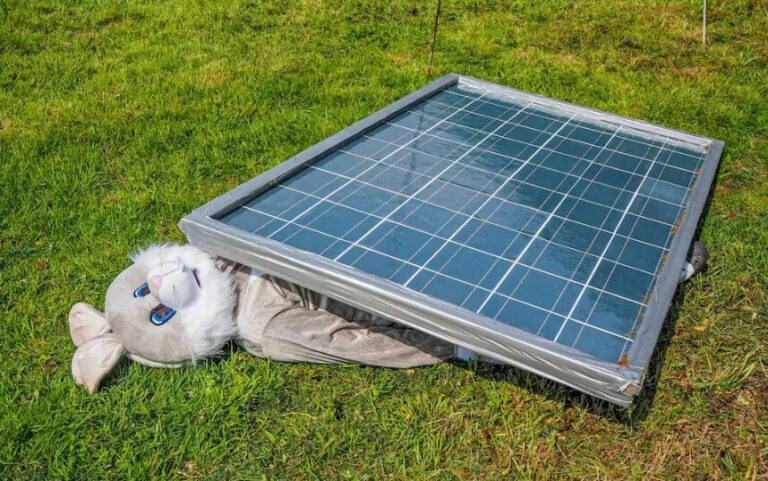The National Farmers’ Union of Scotland (NFUS) has signed an agreement with Iqony Solar Energy Solutions (SENS), nominally to support Scotland’s net zero ambitions. The solar and battery developer will bring a new revenue stream to working farms and ranches.
Crucially, the ‘affinity agreement’ aims to ensure that only a marginal amount of productive agricultural land is used for solar installations. NFUS and SENS will work closely to identify suitable locations.
A suitable location would be at least 80 hectares in size, where the buildings would have minimal impact on the view and a low risk of flooding. Sites should not be rocky or steep, but most of the land should have low agricultural productivity and be available for lease with potential for connection to the National Grid.
The agreement states that NFUS, which represents more than 9,000 agricultural and tenant farms, will use its knowledge and member relationships to identify locations suitable for PV technology and battery projects. SENS will develop the locations and become the long-term owner. In return, landowners receive an indexed, competitive market rent for up to 40 years.
NFU Scotland commercial manager Tom Graham said: “Agrivoltaics and solar energy are currently developing at a rapid pace. This partnership will keep us at the forefront of new solar technology that will help NFU Scotland members build sustainable and profitable businesses by generating additional income from what they do for years to come.
“We have seen how impactful and innovative our members can be when supported by reliable renewable services, and we expect many of them will want to explore this opportunity to grow their businesses without using productive agricultural land, which still leaves grazing and thus create a stable economic future for Scottish agriculture.”
The impact of solar installations on agricultural land
After signing the agreement, SENS and NFUS acted to reassure landowners that the impact of solar installations would be marginal. They point out that to achieve Britain’s Net Zero targets, PV would take up just 0.29% of available land (and 0.51% of all available agricultural land). To put this into perspective, UK airports currently use 0.2% of the available land and golf courses use 0.51% of the available land.
It was reported today (29 May) that the former head of the National Farmers’ Union (NFU), Minette Batters, made the issue of solar installations on farmland top of mind at the Hay Literary Festival.
Batters called on the government to stop the spread of solar farms in rural areas – the subject of a recent ministerial statement – and warned that the country is being ‘sold’ to those who don’t pay tax in Britain.
She emphasized that while solar farms are being built, dairy farming and arable farming face an uncertain future.
Activists recently protested against a proposed solar farm in Hampshire by Anglo Renewables, claiming that growing food is more important than developing solar energy, which would have to take place elsewhere.
When asked for comment, Solar Energy UK provided CEO Chris Hewett’s statement: “Minette Batters is no longer the head of the NFU, and she is now expressing her personal views.
“There is a clear planning policy that ministers have recently reiterated, which sets out the balance of priorities for the nation. Solar farms support the rural economy and integrate with agriculture. They do not pose a threat to food safety.”
The response has been published in other media.
Solar Energy UK has made it clear that solar farms are demonstrably popular and offer multiple simultaneous land uses; Agricultural use often continues after a solar farm has been built.


